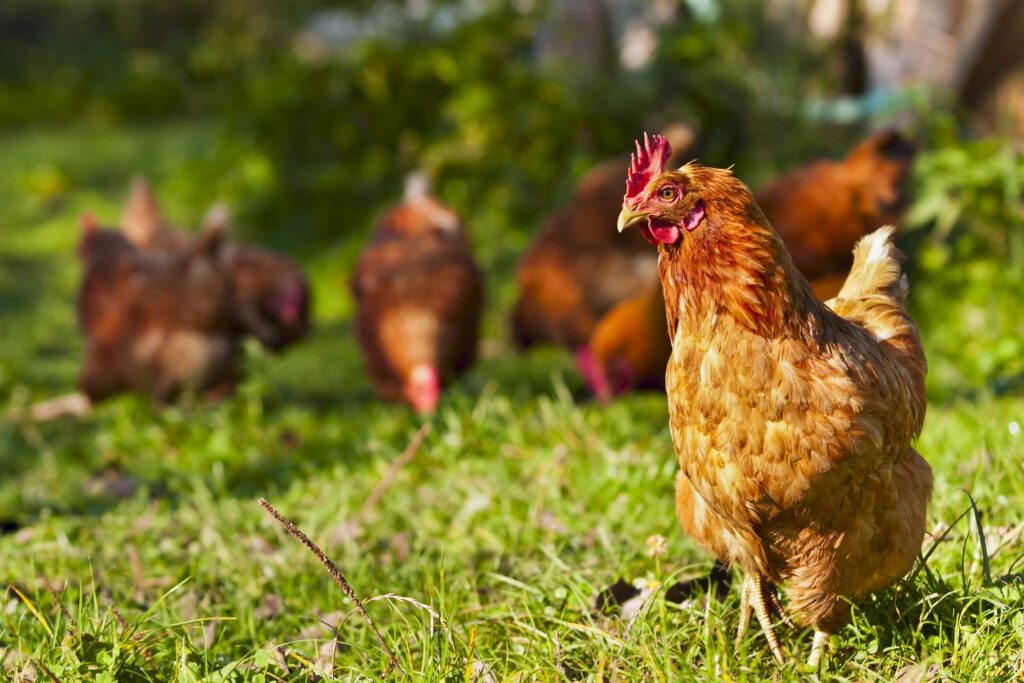Free range egg producers set to lose £300k per flock amid escalating crisis
27th October 2022
Unrelenting cost pressures in the sector could mean that free range and organic egg producers will lose more than £300,000 per flock on average as losses rack up to nearly £10 per hen, independent consultants have said.
Input costs continue to remain elevated across all agricultural sectors, including egg production, where the high cost of feed, labour, energy and essential materials threaten to cripple free range and organic businesses, ADAS consultants have warned.
Recent data has confirmed that the substantial losses are being caused by rising production costs and the only way to counter this according to the British Free Range Egg Producers Association (BFREPA) is by increasing farm-gate prices.
The association’s CEO Robert Gooch said: “We know the cost of living went up 10.1% in the 12 months to September, and rising food prices was the key contributor.
“Farmers have seen small rises in the price they are paid for their eggs, but it’s nowhere near enough for their businesses to be sustainable.”
ADAS consultants have revealed the average cost of a flock of 32,000 hens is around £1.24 million, with average revenue from sales only coming to £921,000. This has plunged businesses into a major sustainability crisis, forcing some farmers to cease production completely.
Future predictions for the industry represent another cause for concern, as both input costs and egg demands are expected to rise over the coming months. As a result, many more egg farms will grapple with financial uncertainty and face the prospect of going out of business.
“We need the whole industry to collaborate and try and fix this broken market,” Mr Gooch stressed.
In an attempt to mitigate the crisis, BFREPA called on the wider industry to show their support by signing the Egg Pledge, which aims to unite the sector behind a commitment to work together for a better, more sustainable future.
Launched at the BFREPA annual conference in Birmingham this September, the Egg Pledge currently has 300 signatories. BFREPA urges all businesses involved in free range production, as well as egg packers and retailers to sign the pledge and help producers.
All those who sign will have their commitment documented on the Egg Pledge website and receive regular updates about the pledge’s progress.
“By signing the Egg Pledge, you are showing your support for British free range egg producers and playing your part in ensuring that they have a sustainable future.
“It is of the upmost importance that we do everything we can to bring about positive change in the industry, so that producers receive the support and success that they need,” Mr Gooch concluded.

